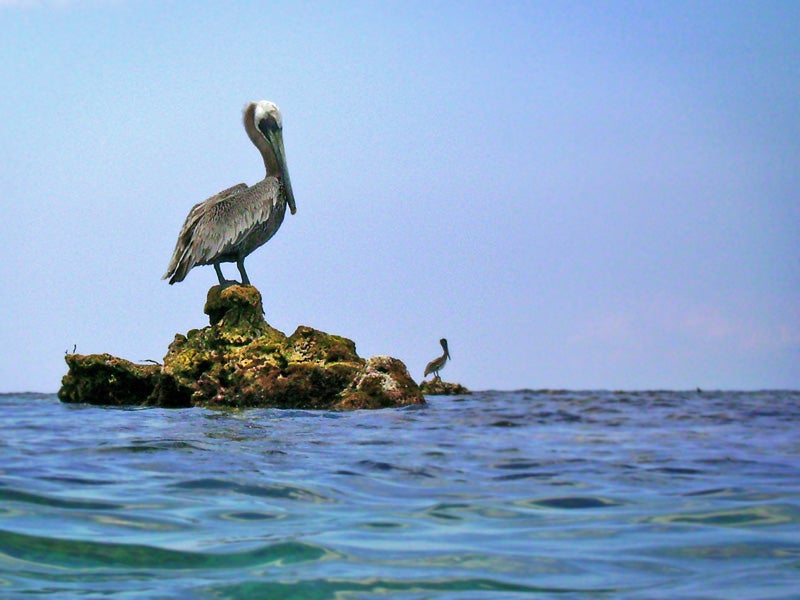Earth’s Oceans Are (Not) for the Birds
The world has lost 70 percent of its seabirds in the past 60 years, but as we mourn their loss, we must also come together to preserve the natural beauty that remains.

This page was published 10 years ago. Find the latest on Earthjustice’s work.
A recent study by researchers in Canada and Australia estimates that in the past 60 years we have lost nearly 70 percent of the world’s seabirds. Working in the environmental movement I hear bad news all the time. Still, I found this particular news heartbreaking.
I got into conservation because I was sick and tired of hearing how nice things used to be, once upon a time, not too long ago. I kept hearing from my elders about how they got to swim in that lake before it became toxic, how the fish were so much bigger and how that industrial wasteland used to be a lovely wilderness with abundant wildlife. I couldn’t help but ask, “Why don’t I get to enjoy those things? Why didn’t you take care of them for the rest of us?”
To think that the next generation is going to ask the same questions of mine is almost too much to bear. That’s why for several days after reading that study, I felt hopeless and wished I could unread it. But eventually I realized I would rather know than remain in the dark. Only by acknowledging our mistakes can we learn from them and try to make amends.
Just how did we manage to make such a mess of the oceans? How did we ruin the habitats of so many species of birds?
- Overfishing: We keep treating the oceans like our own personal all-you-can-eat bargain buffet, willfully ignoring the obvious fact that other creatures need to eat too.
- Bycatch: We’re so reckless in how we fish that we don’t care what else gets caught in our nets.
- Trash: You’ve probably seen pictures of seabird stomachs filled with plastic.
- Pollution: Airborne mercury, wastewater, oil spills—you name it …
- Loss of habitat: As we continue to develop as much land as possible, we gobble up bird nesting grounds.
- Invasive species: Species we’ve introduced, mainly rats, decimate breeding colonies on remote islands.
- Climate change and ocean acidification: While politicians may continue to argue about climate change, the fact no one disputes is that we are making our seas more acidic, making it difficult for shellfish to grow shells, for plankton to grow at all and for everything else to just get by.
For all these reasons Earthjustice provides free legal representation to the marine conservation community. Our attorneys work hard to prevent overfishing, minimize bycatch, protect habitat, mitigate pollution and reduce harm to protected species. And we do it not just for the birds, but for all of us, and for those yet to come.